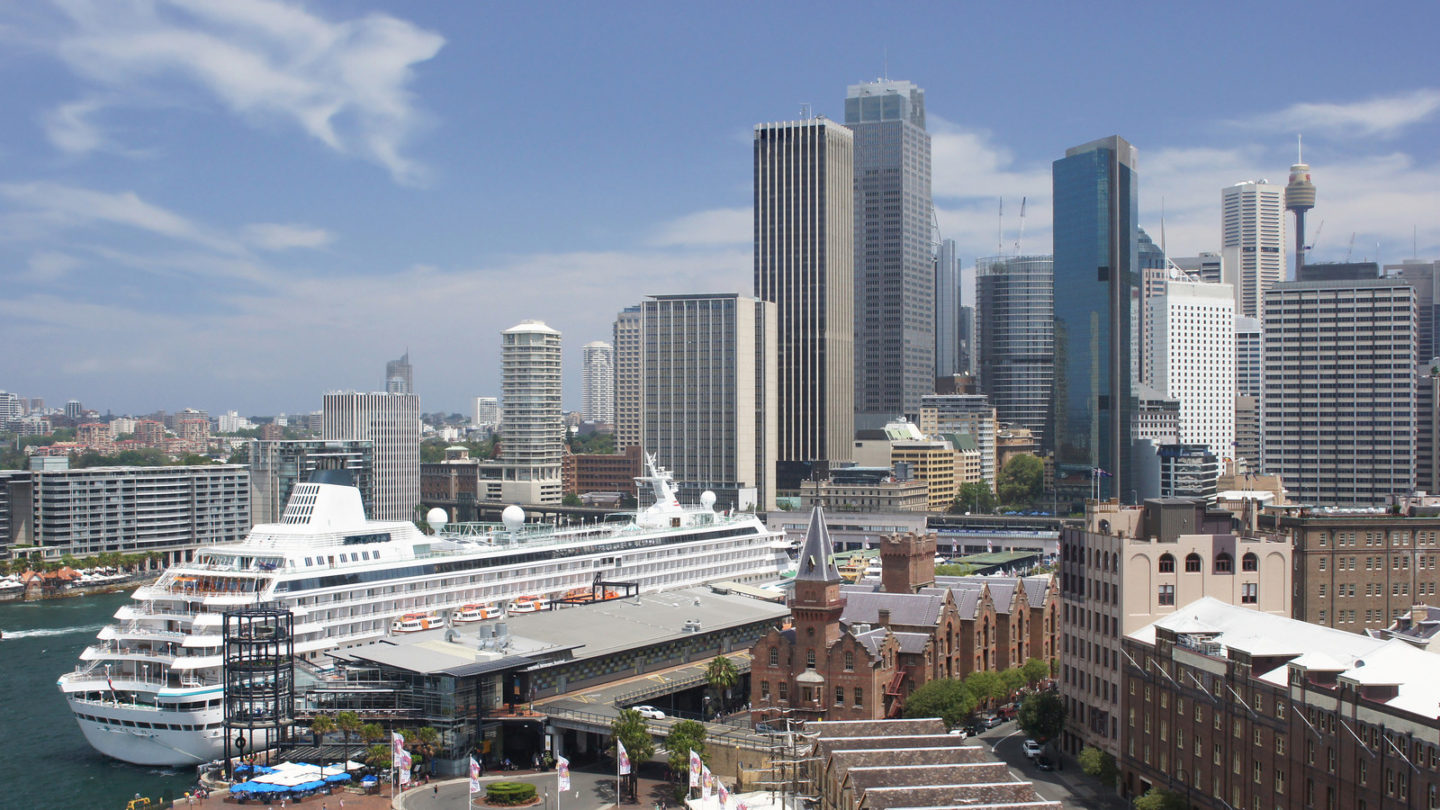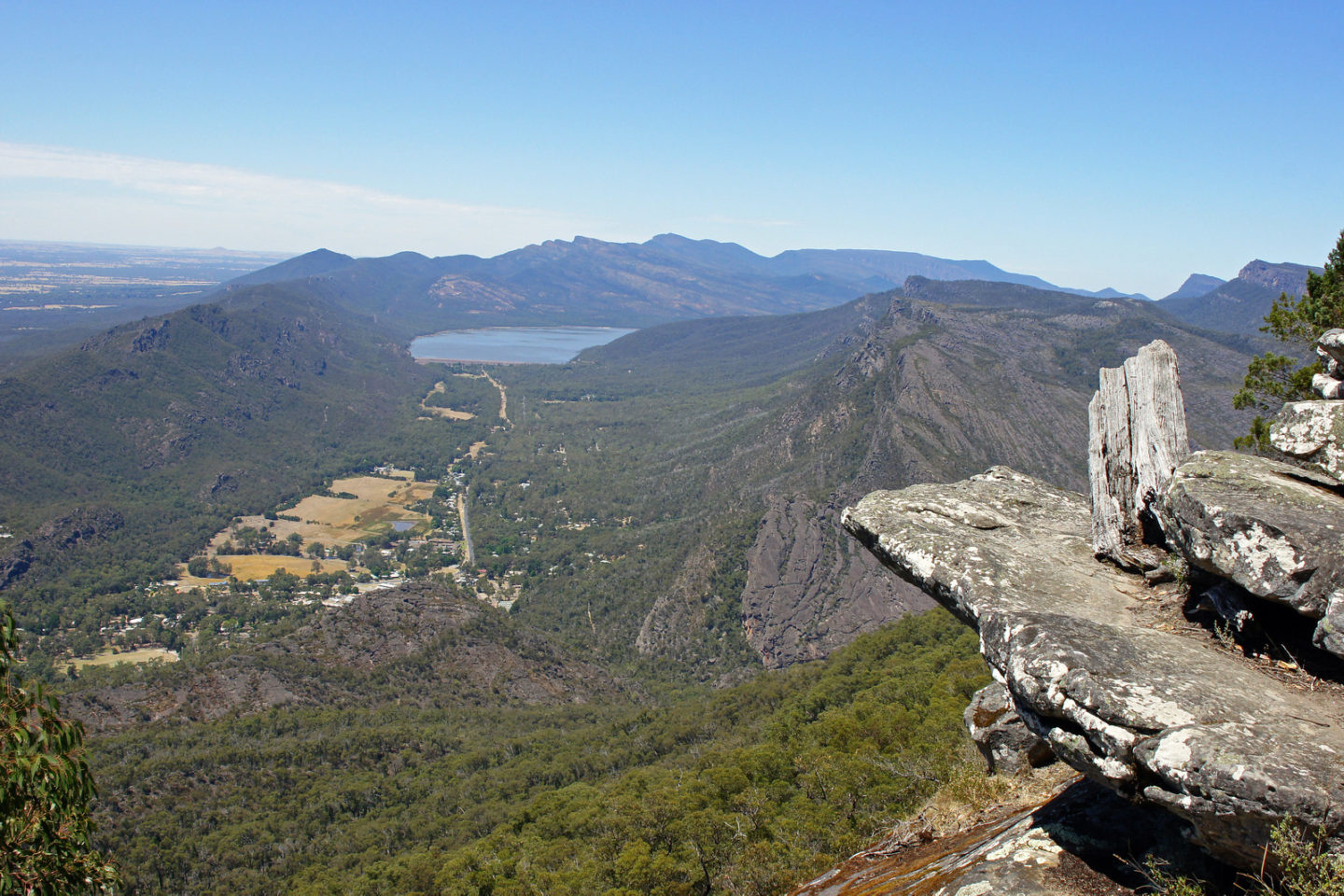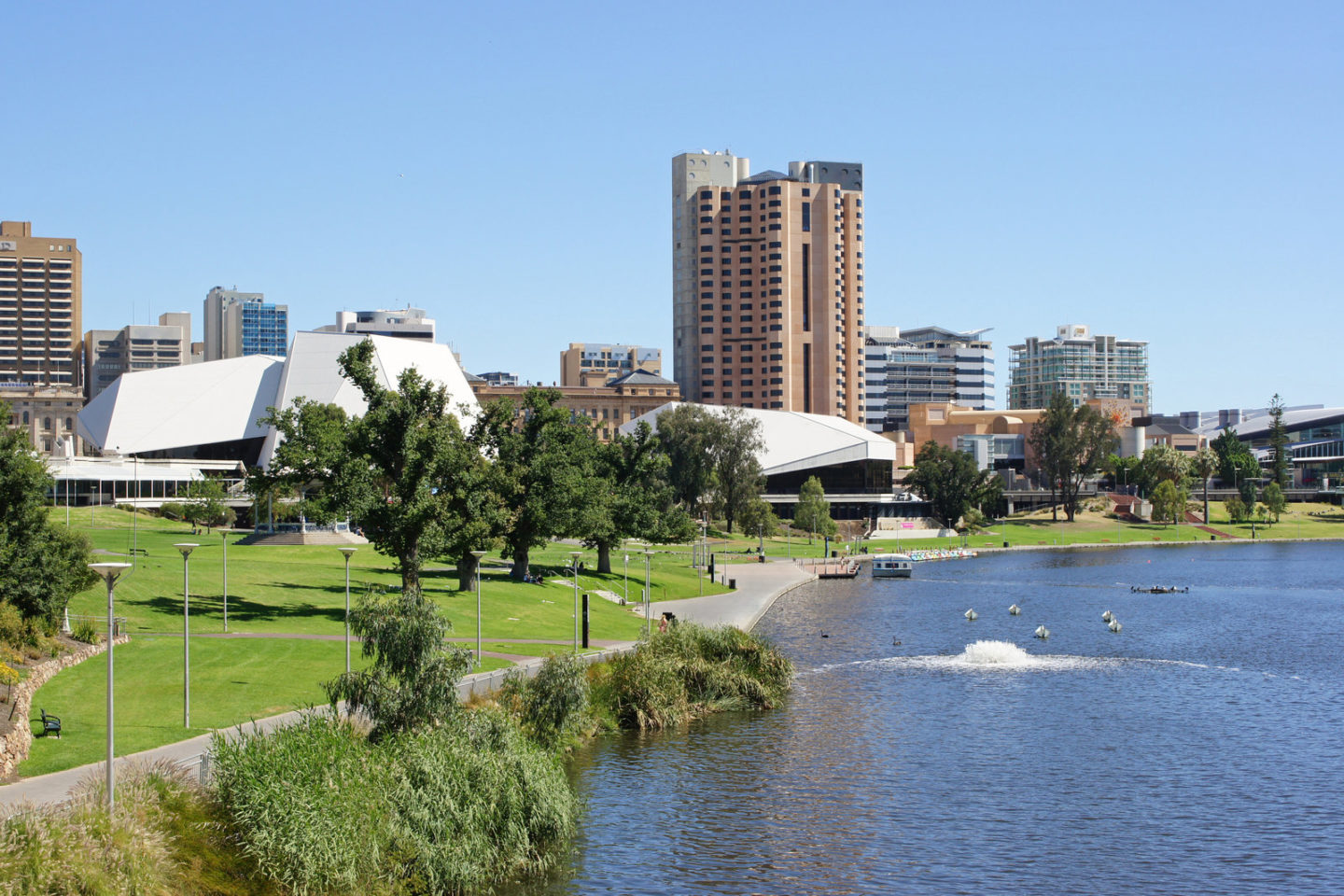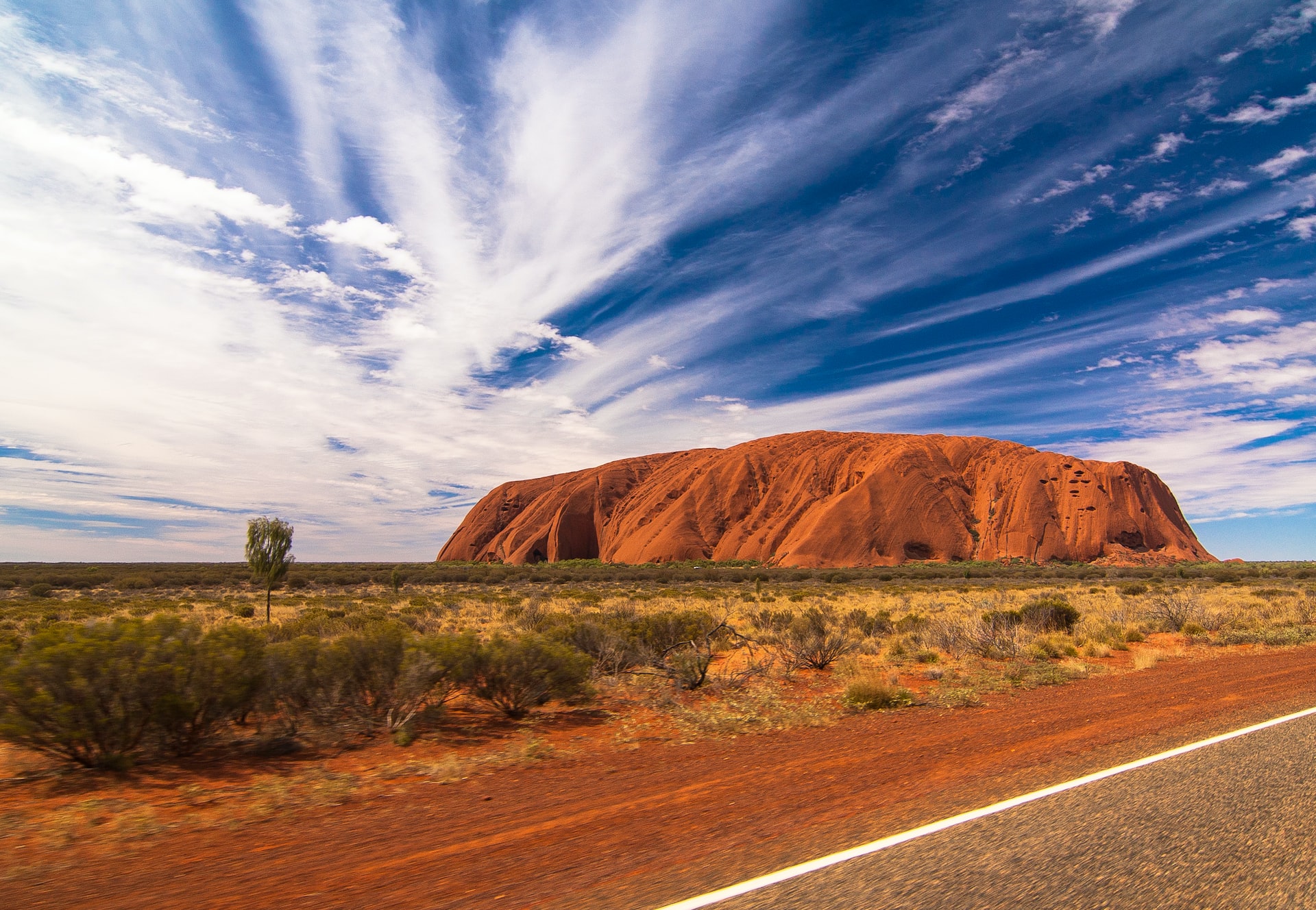Australia is one of the world’s most beautiful countries, and road trips are a great way to see it all. From the dramatic outback and lively cities to vibrant beaches, Australian landmarks and exciting wildlife, there is something here for everyone.
But road trips in Australia can be challenging if you’re not prepared. You could end up lost in the middle of nowhere, run out of gas, or get stuck on the roadside with no help in sight.
But worry not, as here are six tips to help make your adventure in Australia safe and exciting.
Consider Upgrading Your Car First
Road trips in Australia can take a toll on cars not up to the task. From steep hills to long stretches of rough roads, an old vehicle may be unable to handle the journey’s rigors.
Therefore, consider upgrading your car to reduce the likelihood of mechanical breakdowns and enhance your trip experience. Preferably, go for a vehicle with good fuel economy, safety features, and suspension to handle Australia’s rough roads and hills.
Upgrading your car can be tricky, especially if you’re not financially prepared. Fortunately, you can finance a new vehicle purchase through several lending institutions. However, you will need to compare car loans from different financiers to ensure you get the best deal.

Get Travel Insurance
While road trips are a great way to enjoy Australia’s scenic views, they can also be risky. You may lose your baggage, become sick, or get into an accident.
Your savings account could be hit hard if something wrong happened during your trip. So, ensure you have travel insurance for your safety and peace of mind.
Travel insurance will help you cover risks and losses associated with your trip, including medical expenses, lost luggage, and accidents. When looking for a policy, choose one that covers all your needs, from emergency evacuation to car rental collisions.
Learn How to Change a Tyre
Roads in some parts of Australia are rough, with gravel and stones scattered over the surface. Since gravel is notorious for causing punctures, it would help to know how to change a tire.
While tow trucks could be an option, they may not be conveniently located along your route.
Moreover, towing companies in Australia charge per mile, which could be expensive.
Luckily, changing a tire is a skill you can learn quickly through online tutorials or a basic course at a local auto store. Once you acquire the skill, ensure you bring a spare tire and tools on your trip.

Drive Safely and Know the Rules of the Road
Driving policies in Australia are relatively harsh. In addition, traffic police in the country are known to be very strict when enforcing road rules. So, you don’t want to get a ticket on your trip, or worse, have an accident.
Before you get behind the wheel, familiarize yourself with the road rules in Australia. Fortunately, the Australian Transport Safety Bureau has a website that contains information on driving in the country, including tips for pedestrians and cyclists.
Besides learning the rules, you will want to drive defensively. In other words, drive slowly in congested areas, watch out for wildlife, avoid distractions, and only get behind the wheel while sober.
Take Advantage of Free or Cheap Camping
Australia has plenty of national parks and other scenic areas perfect for camping. Additionally, free and cheap campgrounds are scattered throughout the country with amenities such as showers, toilets, and picnic areas.
You can use apps like WikiCamps and Camping Australia to find campgrounds near your route. Just be sure to read the reviews first to choose a safe and clean place.
If you want to take your camping a notch hire, consider looking for private caravan parks or campgrounds. These places usually offer better facilities, including restaurants and bars.

Have a Co-Driver
Your adventures in Australia can take you so far that driving on your own can be challenging. So, consider bringing a co-driver along on your trip.
A co-driver can help you navigate the roads and watch for traffic problems. They can also serve as a backup in case of an accident. Just be sure to have a plan before you leave so everyone knows their responsibilities and expectations during the trip.

